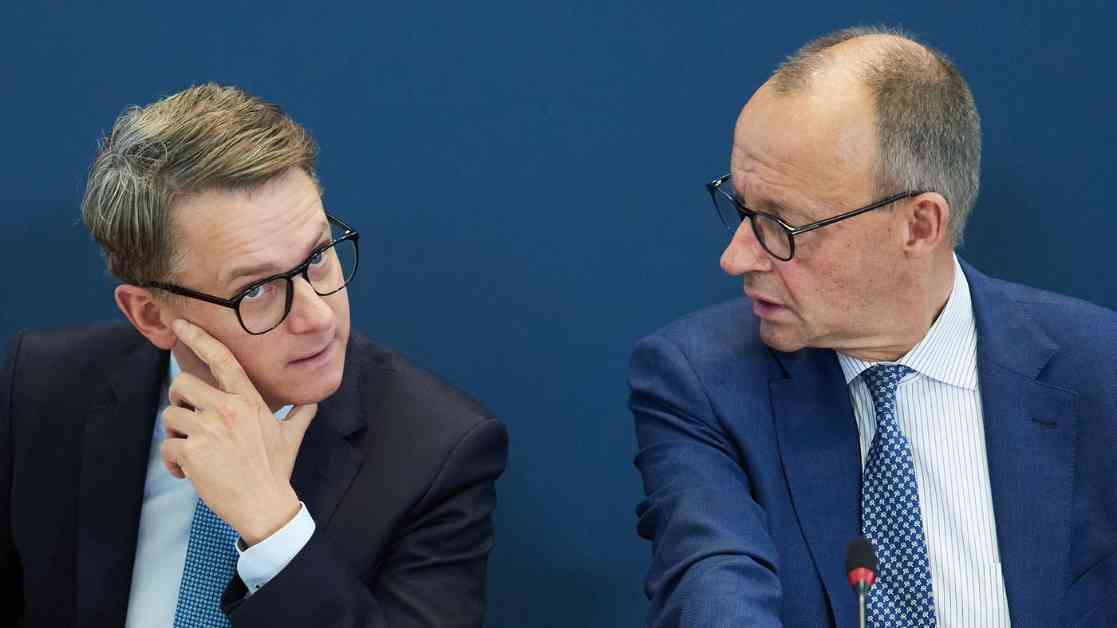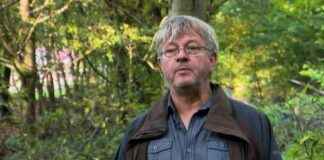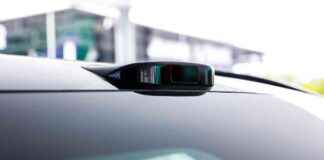The Union’s leading politicians see the traffic light coalition on the brink of collapse: Parliamentary leader Thorsten Frei doubted on Monday, “that this coalition will survive the week.” Jens Spahn, a member of the presidium, even sees a possible coalition break-up as “a real relief.” The Union, as the largest faction in the German Bundestag, is unlikely to attempt to bring about a change in government from the opposition. CDU General Secretary Carsten Linnemann sees no chance of finally toppling the divided traffic light coalition with a vote of no confidence in the Bundestag and forming a new government. “Because it’s not possible with these Greens – in migration and economic policy,” he said in the podcast of the news magazine “Politico.” “A vote of no confidence would only make sense if there is also a realistic majority that ensures we get a new direction in Germany.”
Successfully passing a vote of no confidence against the Chancellor in the Bundestag is necessarily linked to the election of a new head of government. Over 42 years ago, the Union succeeded in doing this: Helmut Kohl (CDU) was elected as Federal Chancellor for the first time through a constructive vote of no confidence against the then SPD Chancellor Helmut Schmidt – with the votes of the FDP. Back then, the Union had 256 votes (nine more than necessary) to bring about a change in government. Today, CDU/CSU would need 367 votes for a majority. Even if FDP members were to defect, this would not be enough: together, the CDU/CSU and FDP factions only have 286 members.
Since the CDU has ruled out any coalition-like cooperation with the AfD and Left parties, the only theoretical option would be a three-party coalition with the Greens: such a Jamaica coalition would have a clear majority of 404 members. However, a coalition with the Greens was categorically ruled out by the Bavarian Prime Minister Markus Söder. Although the CDU leadership emphasized that cooperation with the Greens is currently not possible, this could change by the regular election date in September 2025. However, a short-term restart through a constructive vote of no confidence and a coalition with the Greens is not possible: “This can only be achieved through new elections and clear circumstances,” said CDU General Secretary Linnemann.
Bundeskanzler Olaf Scholz (SPD) also aims to create clear circumstances within his coalition this week. After individually inviting Finance Minister Christian Lindner (FDP) to economic summits and previously releasing papers on economic transformation that were far apart from those of Economics Minister Robert Habeck (Greens) and the FDP leader on Friday, Scholz has scheduled several one-on-one meetings with both. In these meetings, they will discuss the different positions and the coalition’s next steps. The coalition committee will also meet on Wednesday evening. By then, Scholz and Lindner have assured each other that they will not make “spontaneous decisions.” FDP General Secretary Bijan Djir-Sarai announced this on Monday morning after the party presidium meeting. SPD General Secretary Matthias Miersch also appealed to the responsibility of the coalition partners. “Everyone needs to pull together. Running away is not an option,” said the Lower Saxony native at the beginning of the week on the “ARD-Morgenmagazin.”

















